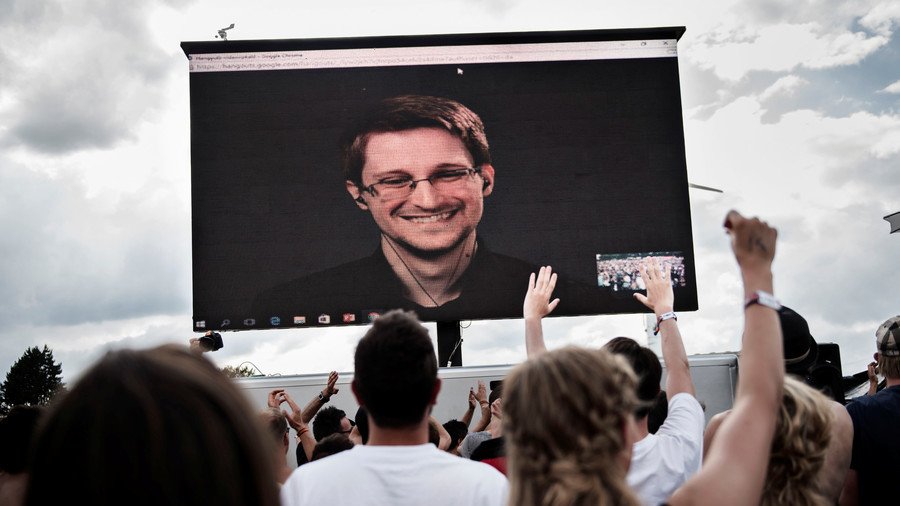UK mass surveillance broke human rights convention, European court rules

The UK’s mass surveillance program is in violation of human rights, the European Court of Human Rights has declared. The challenge was instigated following the revelations from US whistle-blower Edward Snowden.
The court stated there is "insufficient oversight" and "inadequate safeguards" over the government's 'bulk interception' of communications. Furthermore, it found the UK “was not in accordance with the law” over it's obtaining of communications data from service providers.
READ MORE: Big Brother is keeping 'Five Eyes' on you
In an extensive condemnation of UK’s protection of human rights, the judges also deemed there to be “insufficient safeguards” for journalistic sources under government's surveillance policy.
Aspects of the policy, the court declared, breached two articles of the European Convention on Human Rights (ECHR) - the right to private life (Article 8) and the right to free expression (Article 10).
However, the court ruled that information sharing with foreign governments didn't break the ECHR, ruling there was no evidence of abuse or significant shortcomings.
The landmark case, brought forward by Amnesty International and the civil liberties campaign group Big Brother Watch, among others, was instigated by the leaks of Edward Snowden. NSA whistle-blower, Snowden, revealed the extent of British and American surveillance and intelligence practices in 2013.
Following the leaks, the complainants suspected that British and US spy agencies may have intercepted their electronic communications.
READ MORE: ‘Five Eyes’ govt spy ring seeks laws to make big tech companies share encrypted messages
Corey Stoughton, an advocacy director at human rights group Liberty, described the ruling as "a major victory for those of us who think there ought to be balance in the government's ability to engage in surveillance."
During an interview with the Guardian, Snowden warned that the practices of UK's Government Communications Headquarters (GCHQ) were "worse than the US."
Subsequently, Britain has changed their surveillance laws since the legal challenge began, the government claims that the new legislation contains more privacy protections.
If you like this story, share it with a friend!
Subscribe to RT newsletter to get stories the mainstream media won’t tell you.














